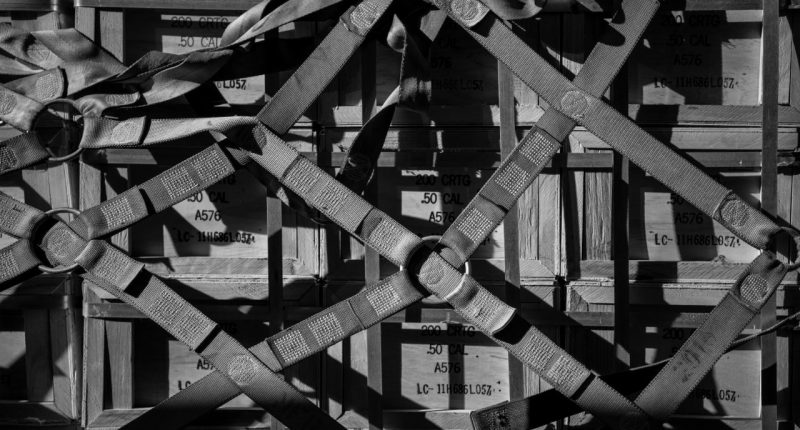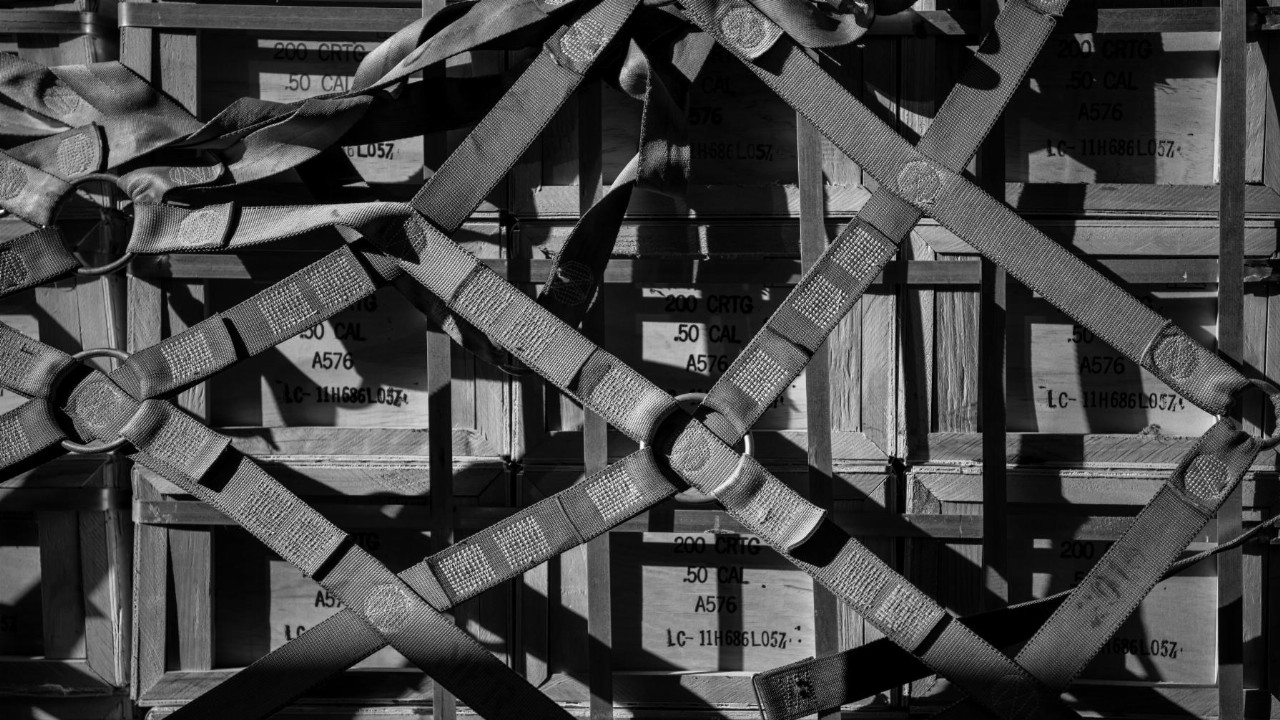The Department of Defence recently announced it would continue to grant weapons export licenses to Indonesia, the United Arab Emirates and Saudi Arabia — a practice established under the previous government. With the now-bipartisan support for such sales to these regions, Australia has solidified its role as a supplier to some of the world’s most blatant human rights abusers. Meanwhile, Australia has vastly increased its surface of integration with America’s military-industrial complex at the expense of our relationship with China, our largest two-way trading partner.
The conflict in Yemen, a proxy war between the Shiites of Iran and the Saudi Sunnis, has been raging since 2014. According to the Red Cross, 80 per cent of the nation’s 30.5 million people require humanitarian assistance. More than half the population lacks food security, suffering from hunger and malnutrition, and many of these are women and children. Since this war began more than eight years ago, 11,000 children have been confirmed maimed or killed in the conflict. Children’s agency UNICEF thinks it could be much higher, and joins the United Nations in calling the war in Yemen “one of the world’s largest humanitarian crises”.
The locally-produced Bushmaster “Protected Mobility Vehicle” is a major feature among exports to Indonesia and the Middle East, along with remote weapon stations, small arms, ammunition and other armoured transport equipment. In all conscience, how can Australians countenance these shipments when these weapons could be deployed to commit more atrocities in Yemen? The dirty proxy wars that now rage in the post-War-on-Terror landscape have transfigured the optics of defence departments around the world, and turned Australia from a well-balanced regional presence into an aspiring top ten international arms-dealer in only a decade.
A new federal Labor government, parroting the policy positions of its LNP predecessor, has continued the practice of unscrupulous arms trading to nations with poor records on human rights. These permits were issued around the same time as $558 million worth of Lockheed Martin High Mobility Artillery Rocket Systems (HIMARS) were purchased from the US Department of Defence. The 300-kilometre-ranged multi-launch rocket artillery system, not much use for an island continent, can be added to the random assortment of military procurements made this century, sitting next to the inappropriate Abrams M1 Main Battle Tanks and the troublesome F-35 Joint Strike Fighters, the dumping of the French Taipan helicopters in favour of the US-built Black Hawks, and the increasingly fictional submarines.
A recently leaked letter to President Joe Biden from influential US Senators Jack Reed and Jim Inhofe reveals a lack of confidence around providing Canberra with American-made Virginia Class nuclear submarines, and threatens to leave Australia without a vital capability for much longer than expected, and at considerable expense to the taxpayer. Adding to that, Malcolm Turnbull chimes from a different angle to reiterate that any US submarine, whenever we get it, will need to be operated by an American crew. At the same time, Anthony Albanese followed up on national TV to reiterate how important the deal is for our AUKUS partners, and defended the hazy arrangement rushed over the line by his predecessor.
Somewhere between sharing foreign technology and housing foreign ordinance, Australia’s defence focus may have cost it freedoms in areas it may have once been better versed. Outside the narrow optics of Western hegemonic preservation, the billions of people who live outside its moral and economic sphere instead look to each other, and now work to challenge the Western-led rules-based bottlenecks that have been in place since the establishment of the Bretton-Woods system.
Since the beginning of the War on Terror in 2001, Washington has focused on creating and redefining security arrangements at the expense of maintaining global economic cooperation. While the US has focused on hard security over multilateral diplomatic engagement, its major competitors have gained footholds while many allies have lost patience for American exceptionalism. Unthinkable in any period since World War II, Americans now see the frosty reception for Anthony Blinken from African leaders, dirty laundry aired between Biden and Mohammed bin Salman, and openly recalcitrant purchases of Russian oil from India.
There is an integrated dynamism developing in Asia, focused not on military coercion but on economic cooperation, with long-term arrangements emerging through forums like BRICS and the Regional Comprehensive Economic Partnership (RCEP), the world’s largest trade deal. As the US blocks appellate judges being elected to the World Trade Organisation and formally avoids multilateral arrangements like the Comprehensive and Progressive Agreement for Trans-Pacific Partnership (CPTPP), China builds the Belt and Road Initiative through 147 countries and invests heavily around the globe via the Asian Infrastructure Investment Bank (AIIB). While the US engages in real and proxy wars and demands allies stock up on its weapons, Beijing continues to win friends without firing a shot.
Over the last decade of Coalition government, Canberra saw itself take a front seat in talking with Washington to Beijing, replacing the loosely held axiom that it wouldn’t have to choose between the two relationships. This rapidly evolved into a more hostile rhetoric as we sought defence agreements with the US — our largest military partner and de facto leader of Operation Contain China. In the previous decade of wayward and abrupt realignment against the grain of Australian strategic continuity, the former government bent the lever too far in one direction and, without proper scrutiny and patience from the new one, is at risk of blindly continuing along an uncharted course.
Increasingly wedged between the interests of two big powers, there is a caution that must be exercised by security policymakers and a careful diplomatic balance to be struck, particularly as Asia is transforming and interconnecting with Australia on the periphery while others beat the war drum.
Australia must make a thoughtful decision on how it wants to deal with the Asian country based on national interest, not a vaguely defined and incompatible security-minded resting state that validates the pathway to war over the road to peace. How it wishes to project itself abroad via weapons export permits, or how it chooses to prepare and equip itself for the future at home, will determine its role in this transforming future.
Joel Jenkins is a writer and independent political analyst focused on the intersection of class, the state of the nation, and Australian independent policy.
Stay up to date on all the latest commentary, analysis and opinion pieces from Art of the Essay by following on Twitter, Instagram, Facebook and LinkedIn.





